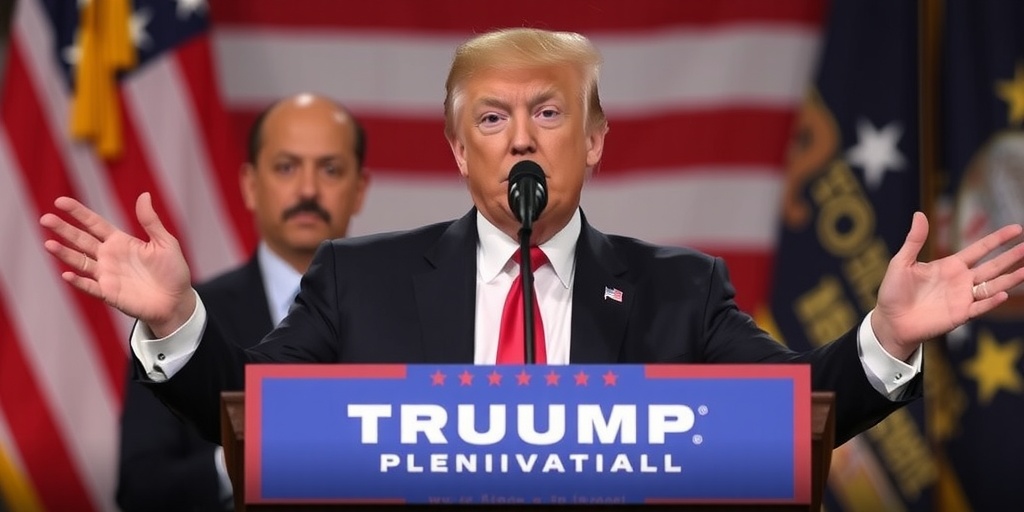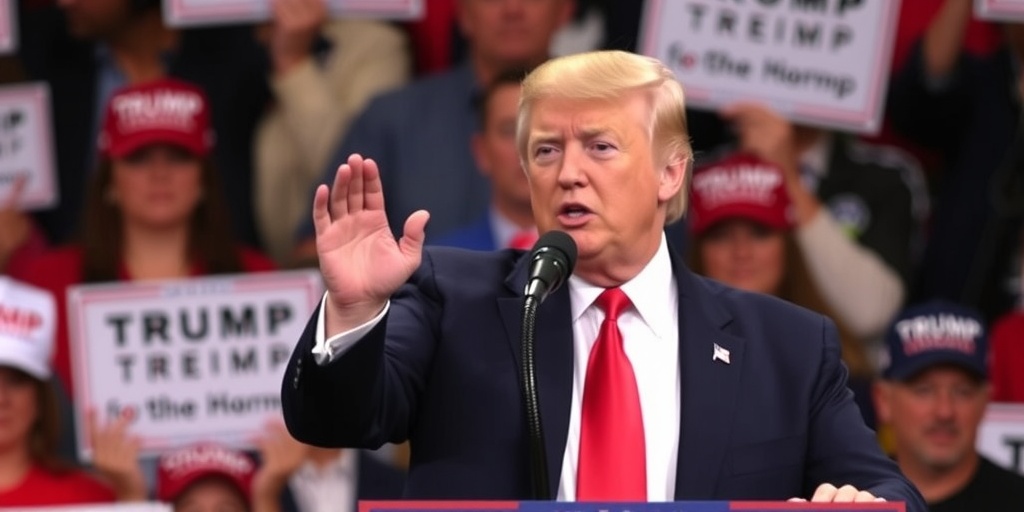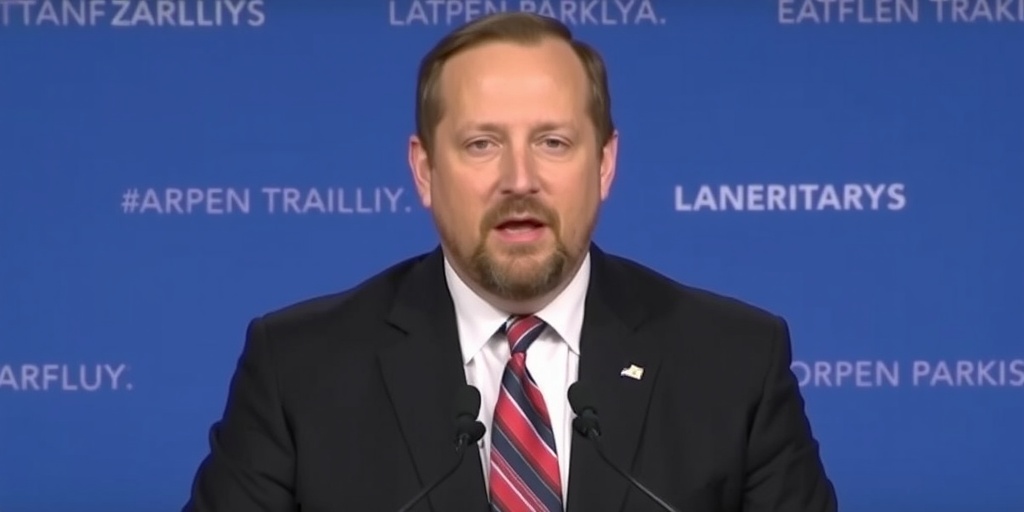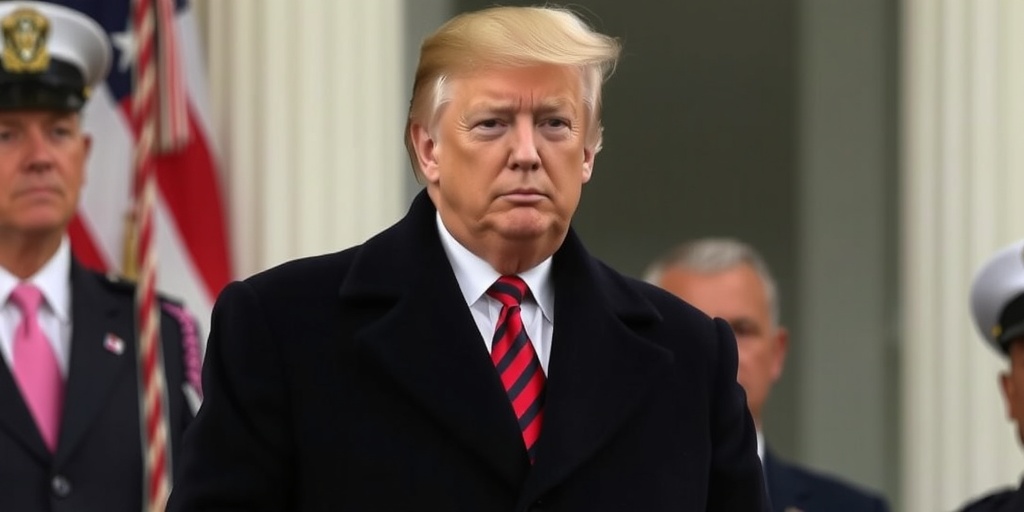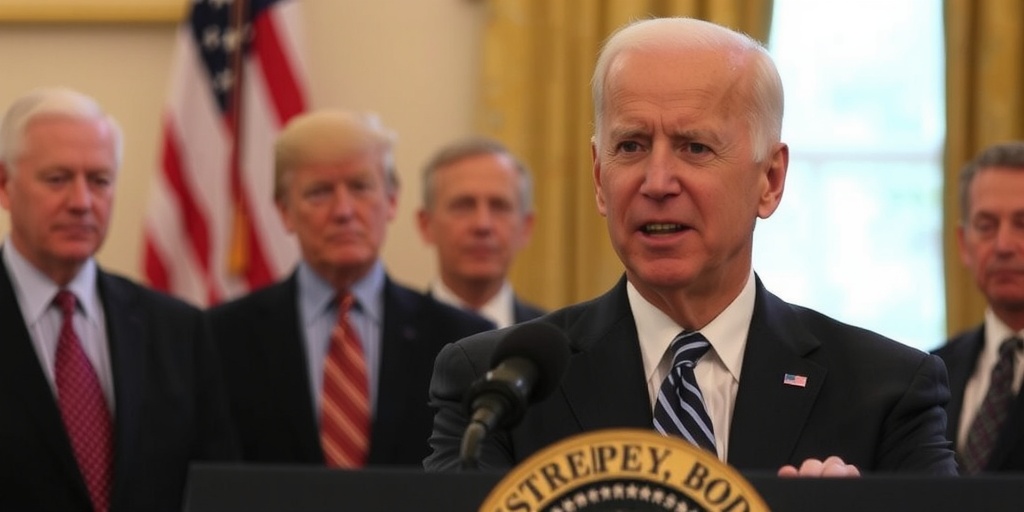Now Reading: I.R.S. Commissioner Resigns as Trump Takes Office
-
01
I.R.S. Commissioner Resigns as Trump Takes Office
I.R.S. Commissioner Resigns as Trump Takes Office
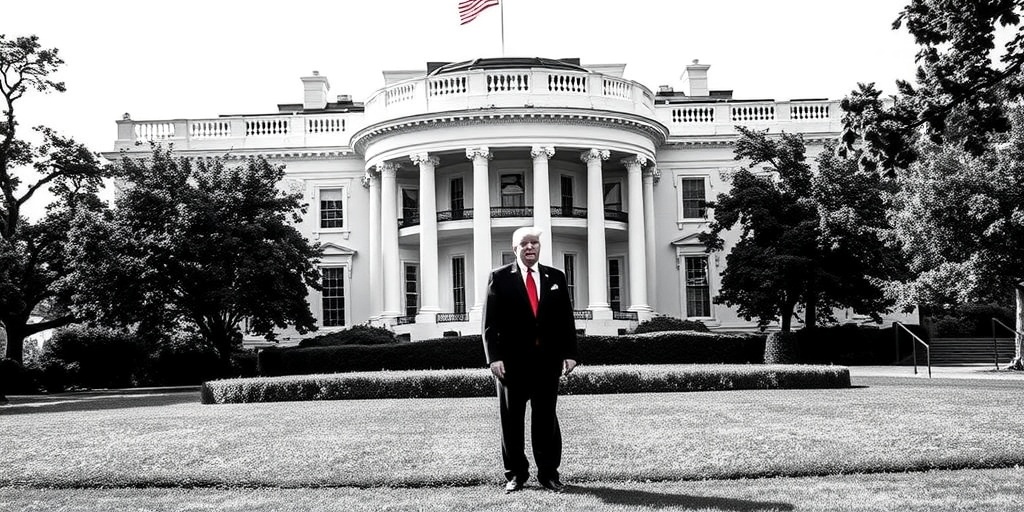
Daniel Werfel Steps Down as IRS Commissioner as Trump Prepares to Take Office
In a significant development, Daniel Werfel, the current commissioner of the Internal Revenue Service (IRS), has announced his early resignation, set to commence on Monday, coinciding with the inauguration of President-elect Donald J. Trump. Werfel’s decision marks a notable transition in the leadership of the IRS, an agency that plays a pivotal role in the federal government’s operations.
Trump has indicated his intention to nominate Billy Long, a former Republican congressman from Missouri, to take over the reins of the IRS. Traditionally, presidents have regarded the position of IRS commissioner as a nonpartisan role, one that continues across different administrations regardless of political affiliation. However, with the incoming Republican administration under Trump, there is an anticipation of a shift in both leadership and strategy at the tax collection agency.
Werfel’s appointment to the IRS was made by President Biden, who selected the former career civil servant and management consultant to spearhead a much-needed revitalization of the agency. Under Werfel’s leadership, the IRS was allocated billions in new funding aimed at modernizing its operations and enhancing compliance efforts, focusing particularly on high-income earners who have historically been underaudited.
In a message addressed to IRS employees, Werfel explained his reasons for resigning, emphasizing that the decision was made in the interest of smooth transitioning and support for the incoming administration. He expressed confidence in the capability of the IRS staff, stating, “While leaving a job you love is never easy, I take comfort in knowing that the civil servant leaders and employees at the IRS are the exact right team to effectively steward this organization forward until a new IRS commissioner is confirmed.”
The IRS plays a crucial role within the federal government, responsible for the collection of nearly $5 trillion in tax revenue during the last fiscal year, and employs around 80,000 individuals. The agency, bolstered by an additional $60 billion in funding approved by Democrats, has endeavored to enhance its tax collection efforts, particularly targeting wealthy individuals and making necessary upgrades to its outdated technology systems. These initiatives signal a larger aim to improve efficiency and increase tax compliance.
However, the IRS has long been a focal point of criticism from Republican lawmakers, who often view it as a tool for political maneuvering. The nomination of Billy Long, who has minimal direct tax experience beyond advocating for a pandemic-era tax credit aimed at small businesses, raises questions about the future direction of the agency. This tax credit, designed to provide relief during the COVID-19 pandemic, faced scrutiny and attempts to curb its use due to reported abuses.
As the agency prepares for this leadership change, the broader implications for tax policy and IRS operations under the upcoming Trump administration remain uncertain. Political analysts suggest that the nomination of Long could herald significant policy shifts, especially given the contrasting approaches of the previous Democratic administration and the incoming Republican leadership.
The transition at the IRS is emblematic of the broader political shifts occurring within the federal government as power changes hands. As Werfel steps down and Long is positioned to step in, all eyes will undoubtedly be on the agency’s approach to tax enforcement and compliance in the coming years. The ongoing discussions about IRS funding, resource allocation, and strategic priorities will be critical to how effectively the agency operates in fulfilling its mandate.
Overall, Werfel’s resignation brings an end to an era of attempted reform and modernization at the IRS, raising anticipation about how the incoming leadership will tackle pressing issues within the tax system. With political allegiances shifting and public scrutiny on IRS operations increasing, the stage is set for a new chapter in the agency’s storied history—a chapter that could redefine taxpayer relations and the enforcement of tax laws in the United States.
Stay Informed With the Latest & Most Important News
Previous Post
Next Post
-
 01New technology breakthrough has everyone talking right now
01New technology breakthrough has everyone talking right now -
 02Unbelievable life hack everyone needs to try today
02Unbelievable life hack everyone needs to try today -
 03Fascinating discovery found buried deep beneath the ocean
03Fascinating discovery found buried deep beneath the ocean -
 04Man invents genius device that solves everyday problems
04Man invents genius device that solves everyday problems -
 05Shocking discovery that changes what we know forever
05Shocking discovery that changes what we know forever -
 06Internet goes wild over celebrity’s unexpected fashion choice
06Internet goes wild over celebrity’s unexpected fashion choice -
 07Rare animal sighting stuns scientists and wildlife lovers
07Rare animal sighting stuns scientists and wildlife lovers













